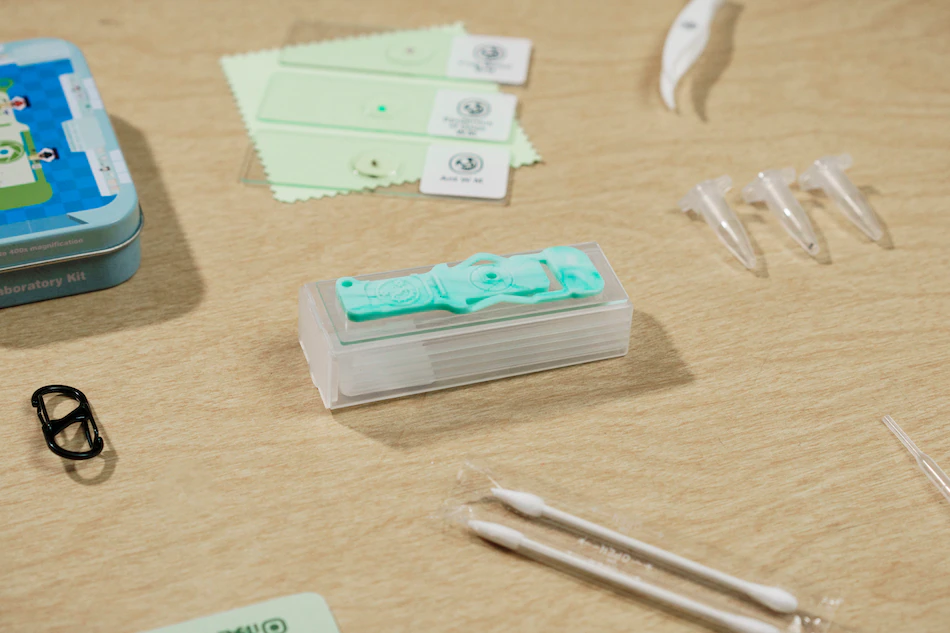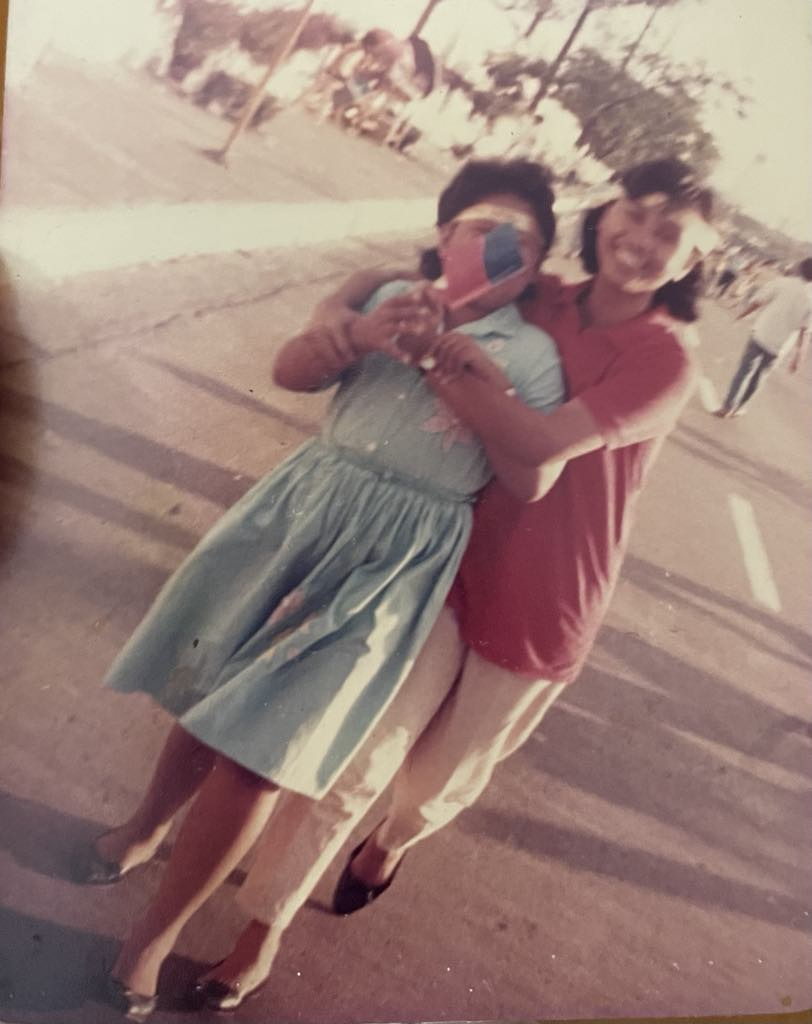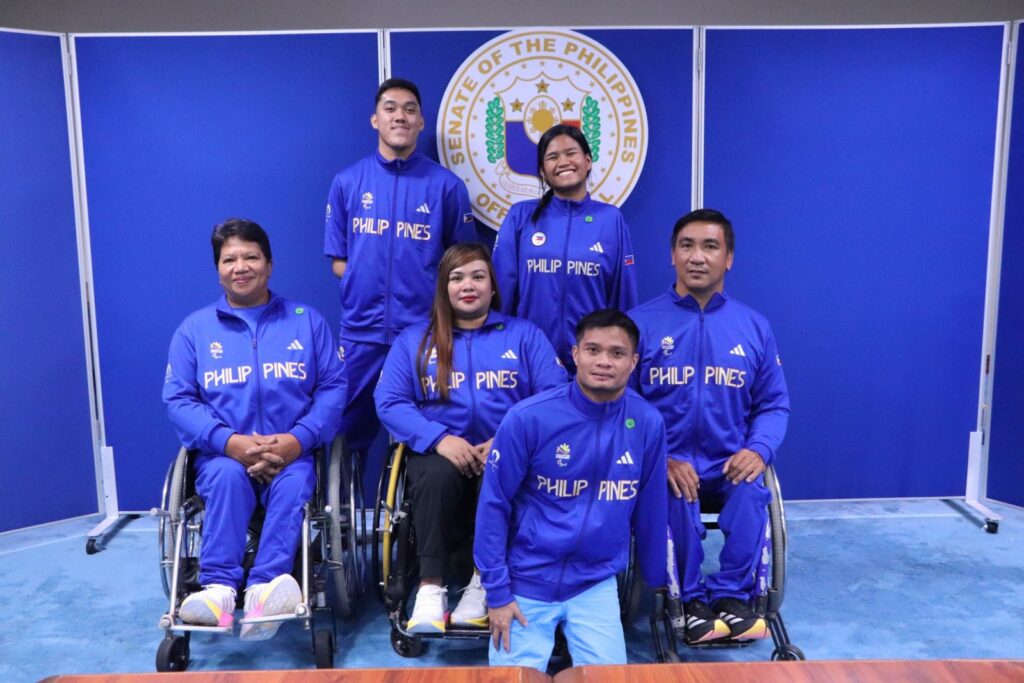The First Keychain Microscope: Make-roscope
Una Riyahnna Angeline P. Delos Reyes | Staffer | The OLPSian Times
Filipino engineer Jeremy De Leon from MAPUA University just invented a microscope with the size of a keychain called “Makeroscope”.
The Make-roscope is lightweight, low-cost, portable, and suitable with devices such as smartphones and tablets, De Leon also mentioned that it doesn’t have a lot of complicated parts and adheres by itself to devices.
The invention is made out of food-grade silicone, despite getting soaked multiple times, it still can be reused over and over again. Instead of gears, it has flexible arms that can be bent to make things look clearer.
Through the Make-roscope, wet and dry specimens can be viewed, it uses just one special lens to make things look much bigger from 125x up to 400x. “There is no need to look upward and peek directly into the lens to view samples that cause neck strains” His webpage says.
The Make-roscope includes a “kit”, consisting of specimen slides, pipettes, tweezers, and tubes inside the said kit.
De Leon’s inspiration behind it was due to the pandemic and the lack of access to laboratories, both students and teachers found it difficult to study science because of laboratories being closed. With the Make-roscope, students can study science inside or outside of the classroom. Now, over 3000 students and teachers are using his invention.
De Leon wants to develop a design friendly for kids ages 7 and up, he says: “introducing them to a world of microbiology would help them ignite their curiosity.”
His invention won the biggest prize in the Philippine leg of the James Dyson award, earning ₱330,000, he says that he will use the cash prize to furthermore develop his invention. His invention will advance to the international stage of the competition; on October 18, the top 20 inventions will be announced, while the innovation and sustainability winners will be on November 15. The winners will be announced by Mr. James Dyson himself.





